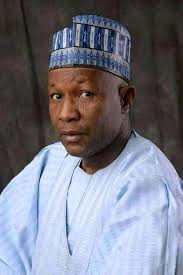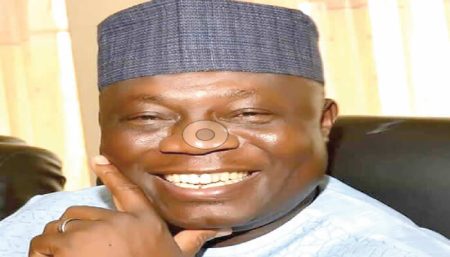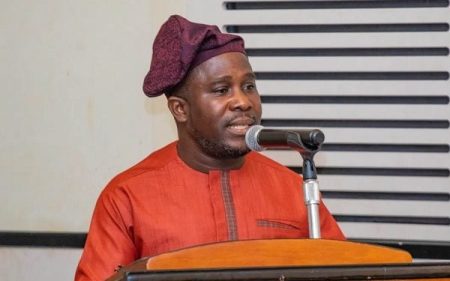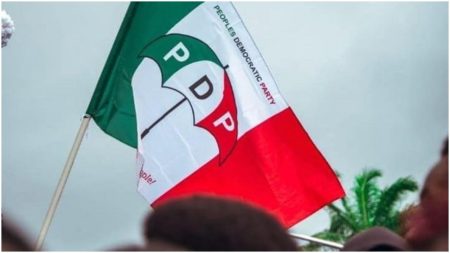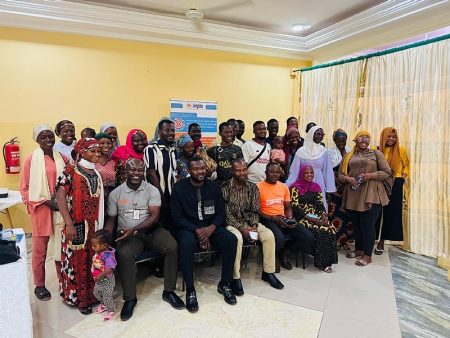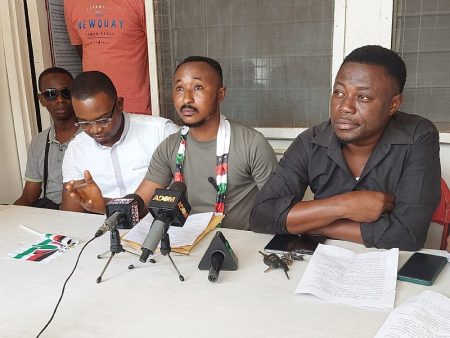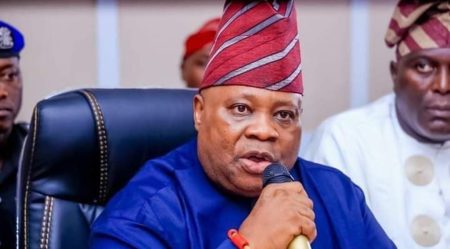Ghana’s Minister for Defence, Dr. Edward Omane Boamah, has issued a stark warning about the nation’s economic health, characterizing the current situation as a “momentous messy national debt” inherited from the previous New Patriotic Party (NPP) administration. In a recent Facebook post, he attributed the crisis to reckless borrowing practices during the NPP’s tenure, lamenting the burden placed on future generations. Dr. Boamah’s remarks followed the first Cabinet meeting of the newly reinstated John Dramani Mahama administration, which convened to address the pressing economic challenges. While expressing gratitude for Ghana’s enduring democracy, he underscored the gravity of the financial predicament, emphasizing that the official debt figures fail to capture the full extent of the crisis, alluding to hidden or “uncounted liabilities.”
Dr. Boamah’s comments reflect a broader concern about the long-term implications of unsustainable fiscal policies. His reference to economist N. Gregory Mankiw’s concept of “uncounted liabilities” suggests the existence of hidden debts and obligations that may not be immediately apparent in official figures, potentially exacerbating the country’s economic woes. This concept underscores the importance of considering not only the explicit debt but also the implicit liabilities, such as future pension obligations and environmental cleanup costs, to obtain a comprehensive picture of a nation’s fiscal health. The Minister’s warning serves as a call for greater transparency and accountability in government finances, urging a deeper examination of the true cost of past policies.
The Minister’s critique of the previous administration’s economic management extends beyond borrowing practices. He contends that the NPP’s policies eroded investments and savings, impacting vulnerable populations, including pensioners and the middle class. This accusation points towards a broader failure of economic stewardship, suggesting that the previous government’s actions undermined the financial security of ordinary Ghanaians. Dr. Boamah portrayed the situation as a predictable outcome of unsustainable policies, highlighting his pre-pandemic warnings about the looming economic crisis. His frustration with the previous administration’s alleged disregard for these warnings underscores the political dimension of the economic debate, framing the current crisis as a consequence of negligence and misplaced priorities.
The gravity of the situation was further emphasized during the recent Cabinet meeting, where the Finance Minister reportedly presented a comprehensive assessment of the economic downturn. This presentation appears to have reinforced the urgency of corrective action, prompting Dr. Boamah’s public assurance of the Mahama administration’s commitment to restoring economic stability and financial confidence. The Minister’s use of strong language, referring to the situation as a “mess,” reflects the administration’s perceived scale of the challenge and the determination to implement significant policy changes. The emphasis on “fixing” the economic problems implies a proactive approach, signaling the government’s intention to take swift and decisive action to address the underlying issues.
Central to the government’s message is the pledge to alleviate the burden on the Ghanaian people. Dr. Boamah’s commitment to provide relief suggests a focus on policies aimed at mitigating the impact of the economic downturn on ordinary citizens. This could include measures to control inflation, create jobs, and protect vulnerable populations from the worst effects of the crisis. By explicitly linking the government’s actions to the well-being of the people, Dr. Boamah seeks to establish a clear connection between economic policy and tangible improvements in the lives of Ghanaians. This emphasis on public welfare serves to build public trust and garner support for the government’s economic agenda.
In essence, Dr. Boamah’s statement serves as both a critique of past policies and a roadmap for future action. It lays out the government’s diagnosis of the economic challenges, attributing them to the previous administration’s mismanagement, and outlines the Mahama administration’s commitment to reversing the negative trends. The Minister’s strong words reflect the urgency of the situation and the depth of the government’s commitment to addressing the economic crisis. The focus on providing relief to the Ghanaian people underscores the human dimension of the economic challenges, highlighting the government’s pledge to prioritize the well-being of its citizens in its policy decisions. The coming months will be crucial in determining the effectiveness of the government’s proposed solutions and their impact on the lives of ordinary Ghanaians.



